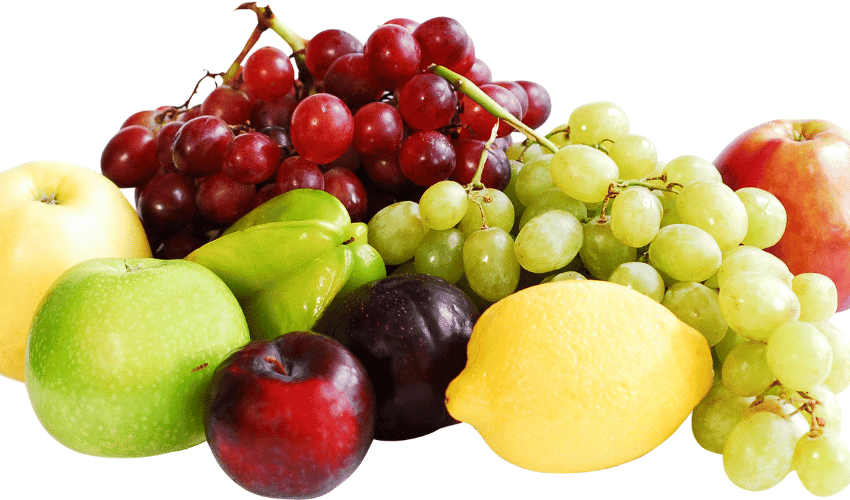5. The Fruity Faux Pas: Avoiding the Pitfalls of Certain Fruits

Fruits, with their rich array of vitamins and antioxidants, are generally a boon for health. However, certain types can be tricky for those navigating life with diverticulitis. Small fruits, especially those with edible seeds or tough skins, can cause problems.
Take strawberries, for example. Their numerous tiny seeds can easily get trapped in the diverticula, leading to inflammation and increased discomfort. Similarly, fruits like kiwis, raspberries, and figs, while packed with nutrients, can pose a similar risk due to their seed content.
And it’s not just the seedy fruits that can be problematic. Those with tough or fibrous skins, like apples or pears, can also be challenging. These skins can be tough to digest and can potentially get stuck in the diverticula, exacerbating diverticulitis symptoms.
But don’t despair, fruit lovers. There are still many gut-friendly fruits that you can enjoy. Melons, bananas, and peaches, when peeled, are some of the choices that can satisfy your sweet tooth without risking a diverticulitis flare-up.
Remember, every person’s response to different fruits can vary. It’s all about figuring out what works best for you. Experimenting with a variety of fruits, and tracking your responses, can help you build a diet that supports your gut health and keeps diverticulitis symptoms at bay. (5)